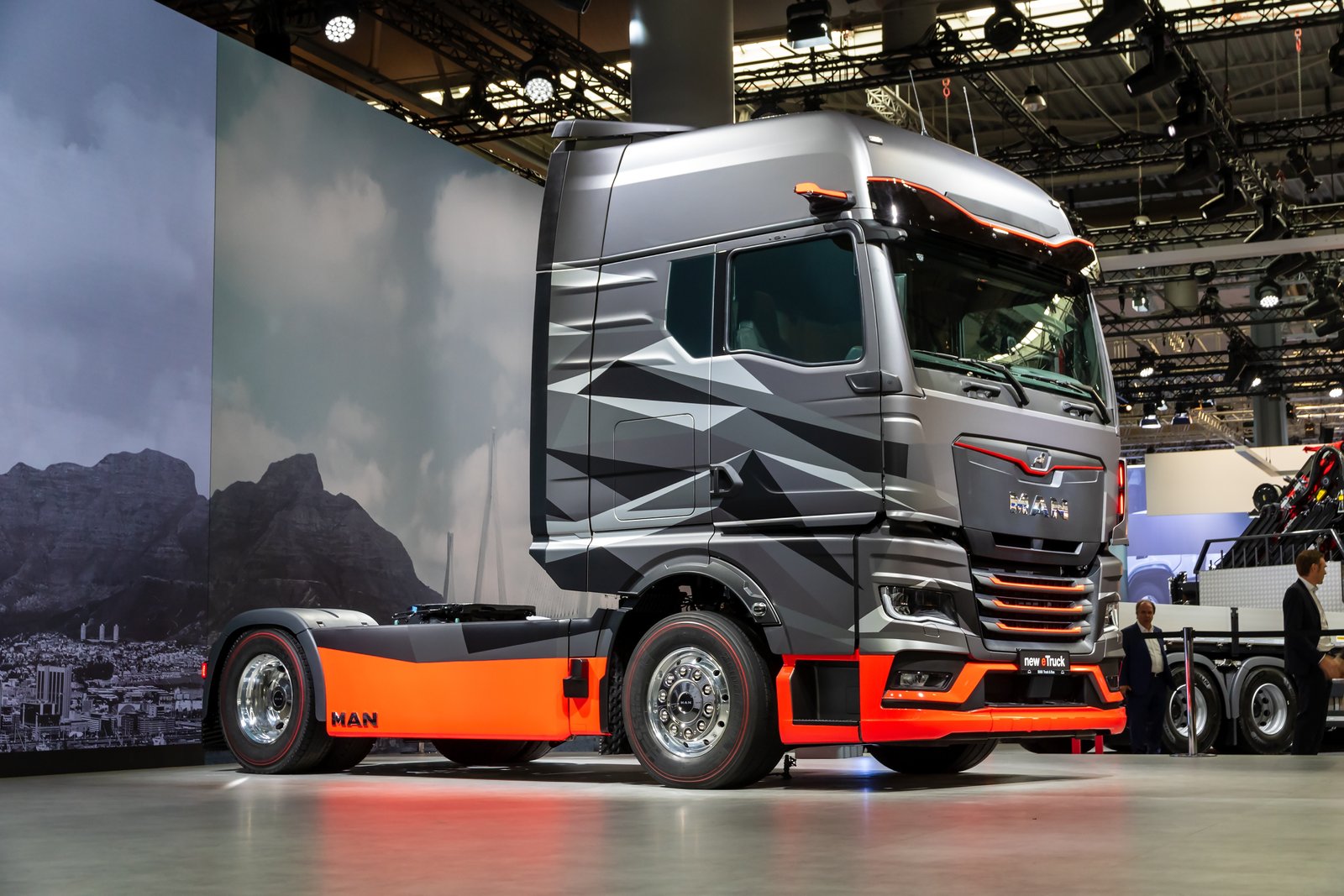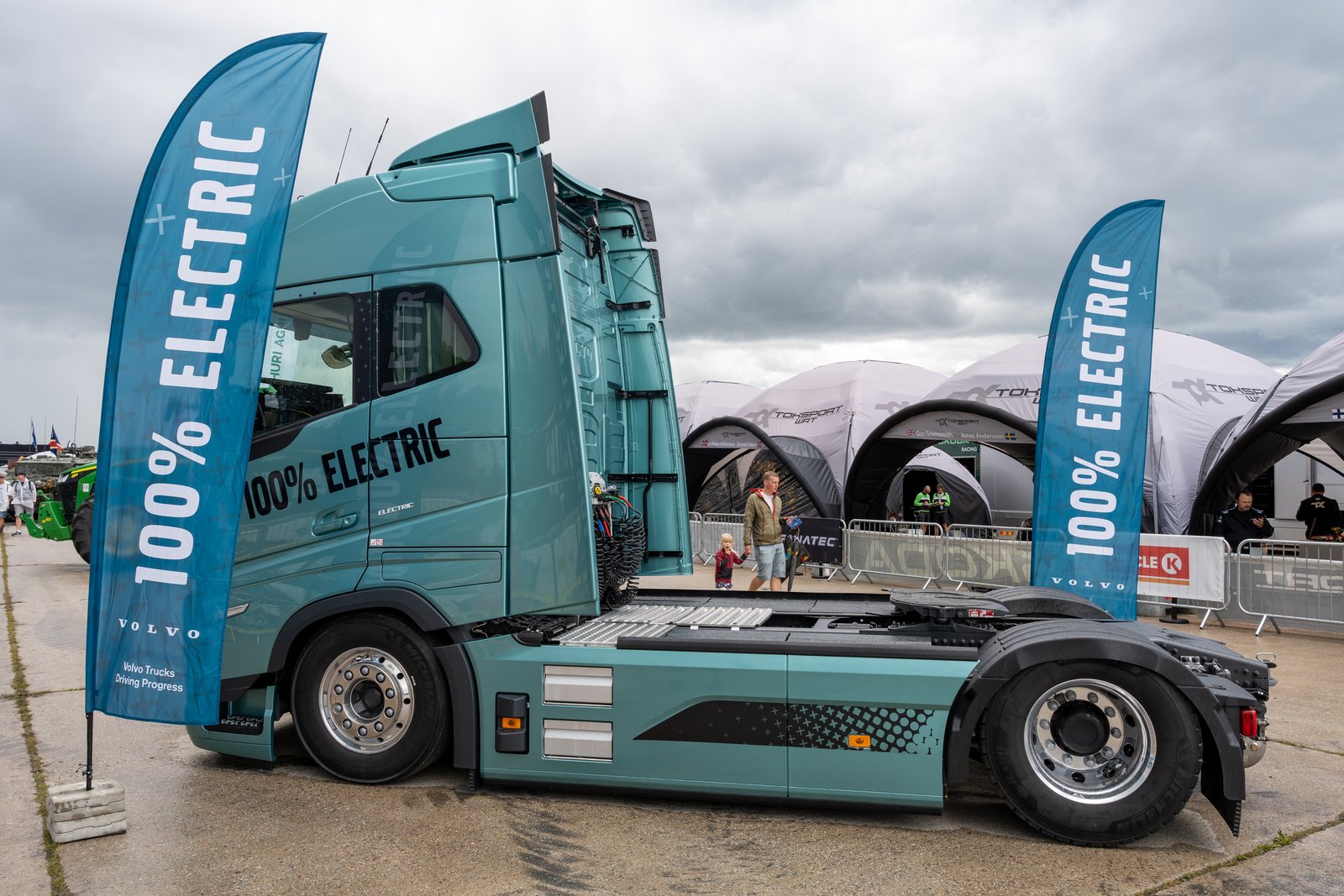The construction vehicle and machinery industry, though a latecomer to electrification, is swiftly embracing the shift towards electric-powered solutions. With more OEMs announcing electric products, the EV construction vehicle market is set for rapid growth, projecting a remarkable 10-year Compound Annual Growth Rate (CAGR) of 37%.
A pivotal segment in this electrification wave is electric mini excavators, constituting the third-largest construction vehicle market by volume and the largest in Europe. Here are three compelling reasons why electric mini excavators are emerging as the preferred choice over their diesel counterparts.
Equal or Superior Performance
Addressing a common concern among construction professionals, electric mini excavators often boast performance metrics equal to or even surpassing diesel models. A noteworthy example is the JCB 19C-1E, whose electric motor delivers a peak power of 20kW, approximately 33% more than diesel counterparts and almost double the power of traditional diesel engines. This showcases that electric vehicles are not only comparable but, in some cases, superior in terms of power.
Furthermore, the endurance of electric mini excavators is a critical consideration. Research indicates that many electric models offer 6-8 hours of continuous operation, effectively covering a standard workday. This endurance, combined with robust performance, dispels doubts about the practicality of electric alternatives in demanding construction scenarios.
Improved Environment for Workers
Zero exhaust emissions from electric mini excavators offer a significant advantage, particularly in construction environments where air quality can be compromised. With open cabins and stationary vehicles, diesel-powered excavators contribute to poor air quality, exposing operators and surrounding workers to potential health risks. Electric mini excavators contribute to a healthier and safer working environment by eliminating emissions, leading to improved air quality on construction sites. This becomes a notable quality-of-life benefit for construction workers.
Cost-Effective Solution
Contrary to assumptions, electric mini excavators can offer a substantial reduction in the total cost of ownership. While the upfront cost may include a premium for batteries, the decreasing cost of batteries in the construction industry, coupled with OEMs like John Deere, Caterpillar, XCMG, and others bringing electric products in-house, contributes to cost efficiency. As electric vehicles transition from limited runs by retrofitting engineering firms to mass production, economies of scale play a crucial role in cost reduction.
When factoring in maintenance and fuel savings, owners of electric mini excavators can anticipate a return on their investment in as little as six to eight years. Beyond this period, these vehicles have the potential to generate substantial annual savings in operating costs, making them a financially prudent choice for owners.



